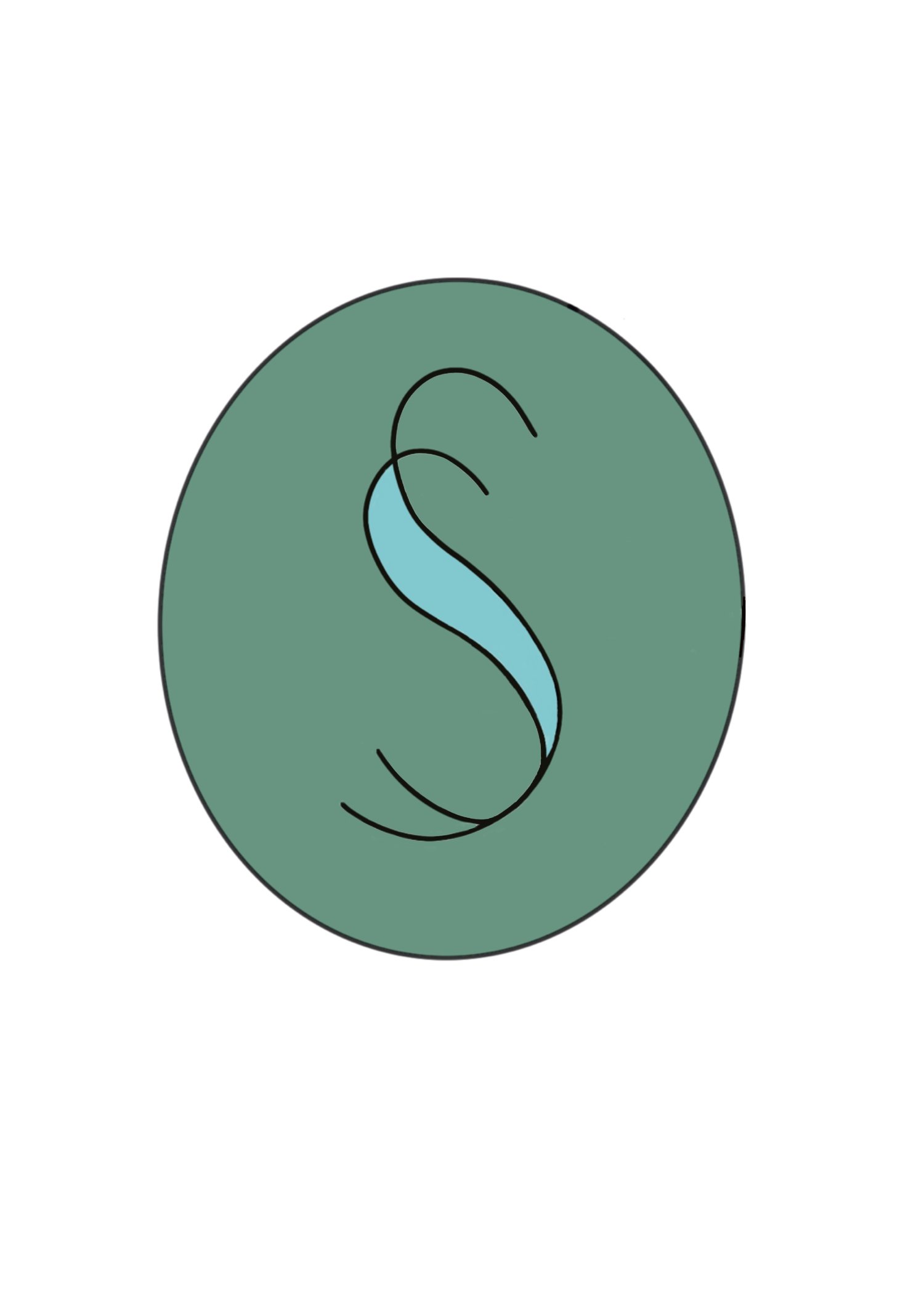
Find a mental healthcare provider who meets your needs.
Connecting you with us
1
What are you looking for?
You’ll be asked a few questions to help us tailor our suggestions.
2
Personalized suggestions.
We’ll share who from our team is the best fit for your needs and preferences.
3
Pick the right therapist.
Schedule a free consultation with any of your recommended doctors to see is the right fit.
"It’s a scary thing trying to get help, but Clove took a lot of that anxiety and fear out of the equation. I was able to get personalized recommendations on which provider from the team would best fit my needs."
— FEDERICO L., CLOVE CLIENT
FAQs
Is music therapy established and supported by science?
Music therapy has been demonstrated to affect many areas of the brain including cognition, emotions, social and interpersonal behavior, and movement. music can emotionally and physiologically helps us feel safer, more relaxed, and more connected to one another by stimulating autonomic processes in the body such as breathing, rest, heart rate, and digestion. In a music therapy context, music would be used in a variety of ways to safely and aesthetically help individuals connect with body and mind and explore their emotional world.
Do I have to be a musician to benefit from music therapy?
Oftentimes, music can help us push through emotional barriers that talking alone doesn’t accomplish. If you have found that music often moves you in ways that are hard to express in words. If you have found yourself stuck in your journey toward wholeness, I’d invite you to consider music therapy. You don’t need a background in music or a particular musical skill to benefit—just a love for music and an openness to try something new.
What will we do in music therapy?
Music therapy is a creative arts therapy and can take on a variety of shapes and forms depending on the goals and needs of the individual. We may listen to music together, analyze lyrics of a meaningful song, improvise music, compose songs, move or image to music, guided musical meditation or just talk.
What can music therapy be used to help treat?
Depression, anxiety, PTSD, trauma, mood related disorders, interpersonal issues, pain management and more.
